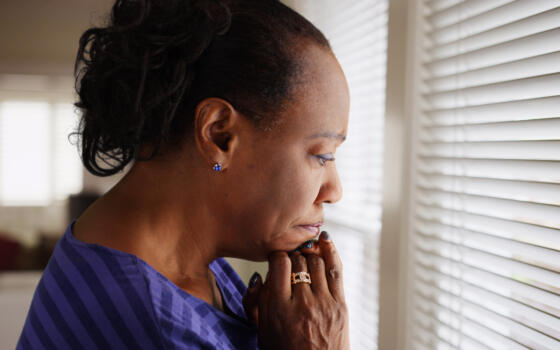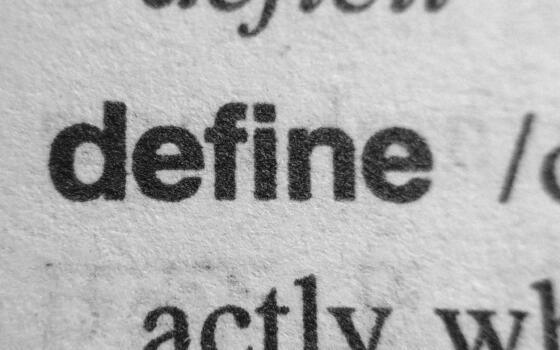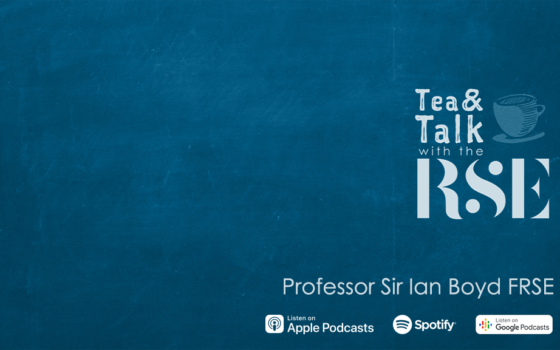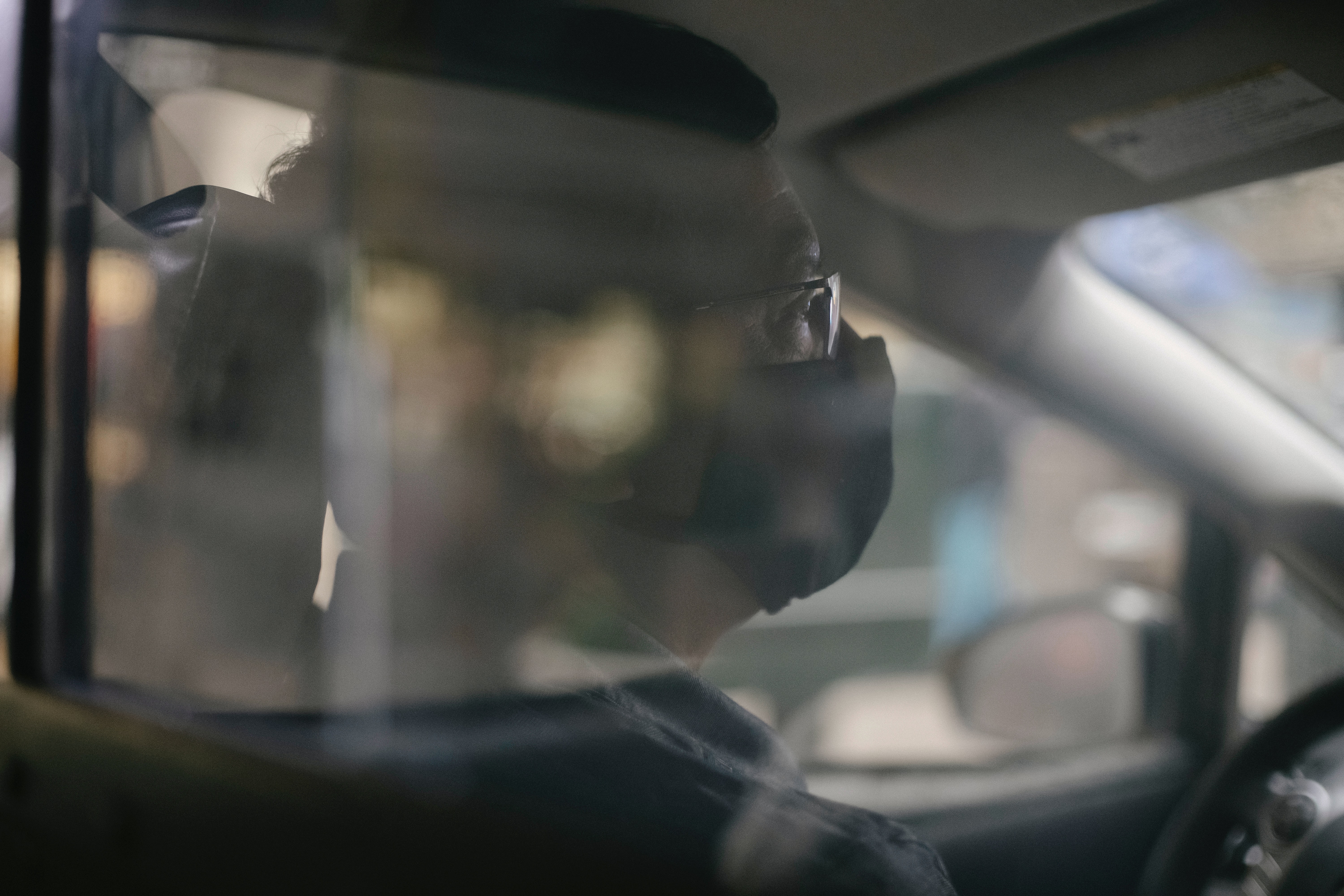The Royal Society of Edinburgh (RSE) has embarked on a major public consultation on how to build a robust and resilient society in Scotland following the Covid-19 pandemic. The focus of the RSE consultation includes defining what a resilient nation looks like, identifying key threats and challenges and explore how resilience against these risks can be built up.
The Post-Covid-19 Futures Commission could do worse than look to the Sustainable Development Goals (SDGs) as a framework for action.
The outcome of the consultation will feed into the country’s resilience strategy. This strategy would include preparedness and action plans to mitigate and recover from a wide range of risks including climate-related disasters, economic shrinkage, epidemics, conflict and terrorism. All these areas are addressed by the SDGs and an effective resilience strategy would ensure that progress towards meeting the SDG targets is maintained.
The SDGs, formulated in 2015, are a global blueprint for ending poverty, protecting the planet and ensuring that all people enjoy health, peace and prosperity by 2030. They are often mistaken as pertaining to poor countries, but this is not the case. They can also provide a realistic approach for rich countries like Scotland to navigate through and beyond the Covid-19 pandemic.
In fact, Scotland was one of the first countries to adopt the SDGs, setting up a National Performance Framework (NFP) with 11 National Outcomes aligning to the 17 SDGs. The NPF is underpinned by legislation placing a duty on Ministers to use the targets to guide how they identify priorities and spend money. Thus, a national resilience strategy built around ensuring Scotland’s progress towards meeting the global goals would fit into the already existent NPF agenda.
This framework was already used in December 2020 to evaluate the impact of Covid-19 on Scotland’s national wellbeing. The evaluation concluded that while the pandemic has had some positive short-term impacts (e.g. on energy use, emissions and some air pollutants) the more significant impact had been negative, particularly on health, economy, work, business, and culture.
This impact has been disproportionate among different groups.
One of the central objectives of the SDGs is to address inequality. The vastly disproportionate impact of Covid-19 on different groups in this country tells us that our health, education and economic systems are failing to serve significant parts of our population. Beyond Covid, the Gini Index, which measures inequality, shows that Scotland is one of the most unequal countries in the developed world. These inequalities will be perpetuated unless we act decisively to build a national recovery and resilience framework that prioritises the needs of Scotland’s most vulnerable and poorest populations. To give just a few examples of how this is manifest:
- 1 in 4 children in Scotland lives in poverty (SDG – 1: End Poverty)
- 1 in 10 people lives in food poverty (SDG – 2: Zero Hunger)
- The difference in life expectancy between the least and most deprived areas in Scotland is at least 22 years (SDG – 3: Good Health and Wellbeing)
- 1 in 5 children from poor families in Scotland leaves primary school unable to read well, a level 4 times as high as that of pupils from better off households (SDG – 4: Quality Education).
Nonetheless, we now need to move forward from using the SDGs just for closing the inequality gap in Scotland, to addressing resilience across all aspects of societal well-being and planetary health. As part of ongoing consultations on building national resilience against extreme threats, UK governments are asking ‘how can we ensure that we identify and consider as wide a range of risks as possible’. The SDGs are the answer to this. Foresight planning based on the impact of failing to achieve SDG targets should guide our resilience planning, from identifying potential threats to developing mitigation plans, thus ensuring we leave no one and no risk behind.
With the country now emerging from the worst of the pandemic, we should be guided by the SDGs to break cycles of inequality, adopt new technologies and implement progressive local environmental policies.
For example, digital technologies have improved inclusivity, allowing groups previously marginalised by distance to access services and events online. These tools can now be adopted to accelerate progress towards the global goals. New ways of working drawing on the community spirit demonstrated have emerged. These can be leveraged for improved inclusivity and equitability.
Post-Covid-19, national resilience strategies that include plans to narrow current individual, community and systemic inequalities will be more effective at disaster mitigation and recovery than those focusing on systemic robustness in isolation. They will also protect gains made on national wellbeing and planetary health. The SDGs provide us with a blueprint for informing post-Covid-19 national resilience strategies and policies for building a stronger and better Scotland for all.
This article was written by Professor Francisca Mutapi FRSE, Member of the Building National Resilience working group.







